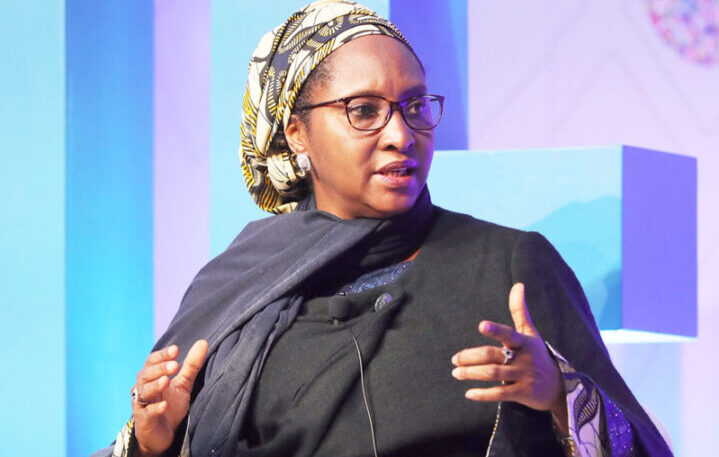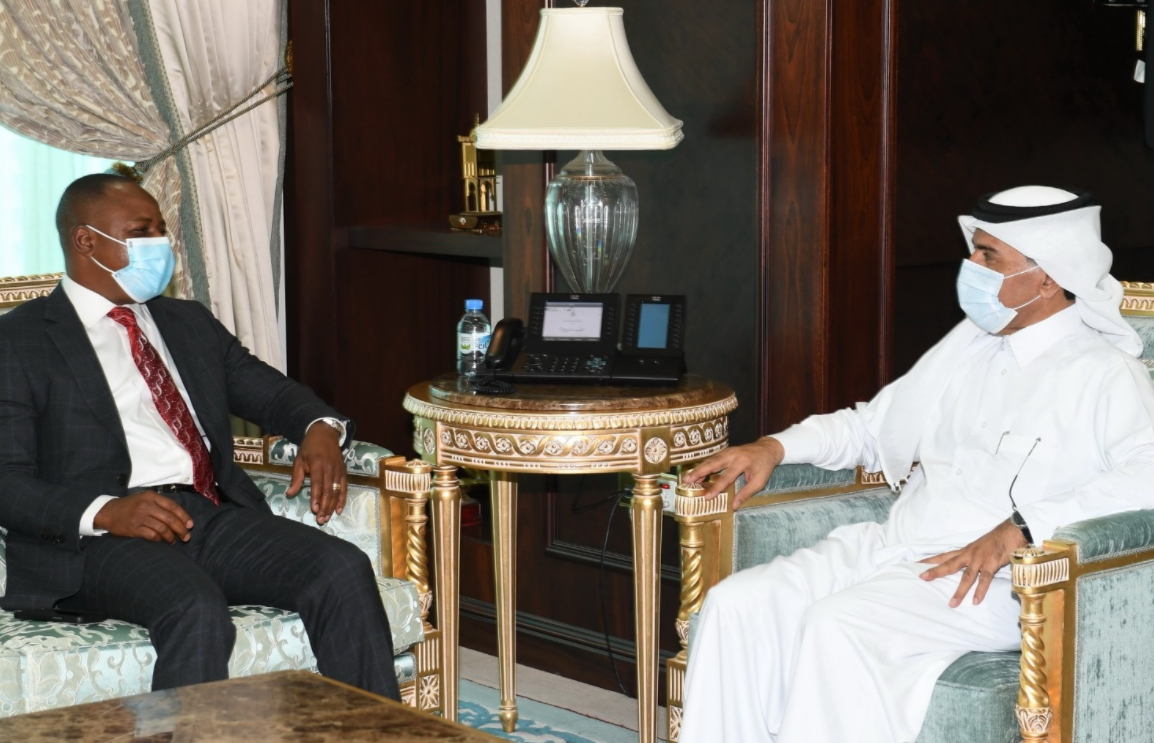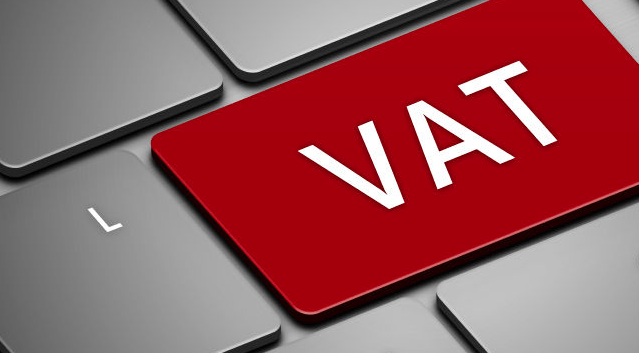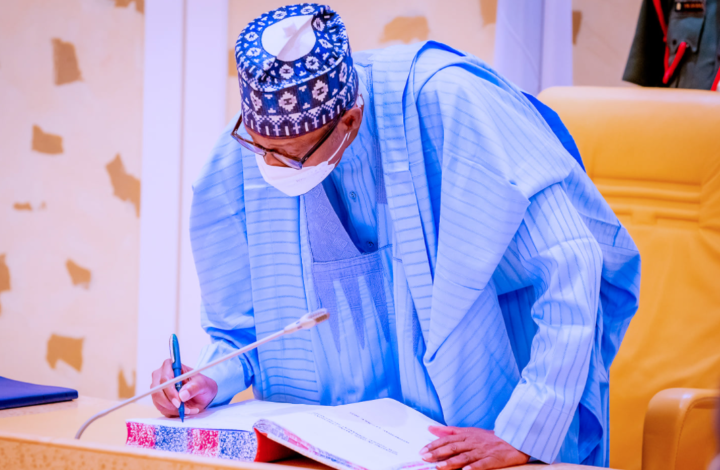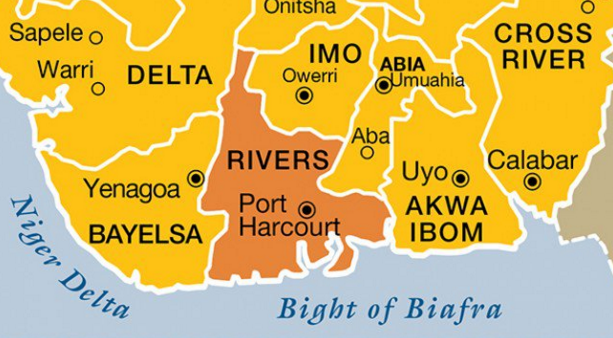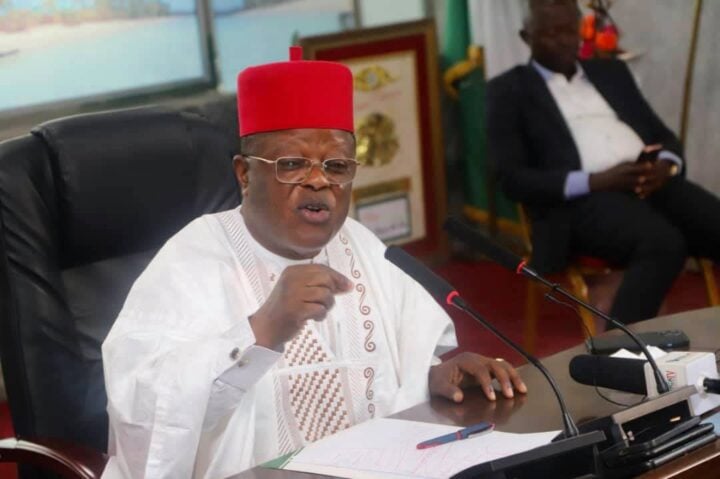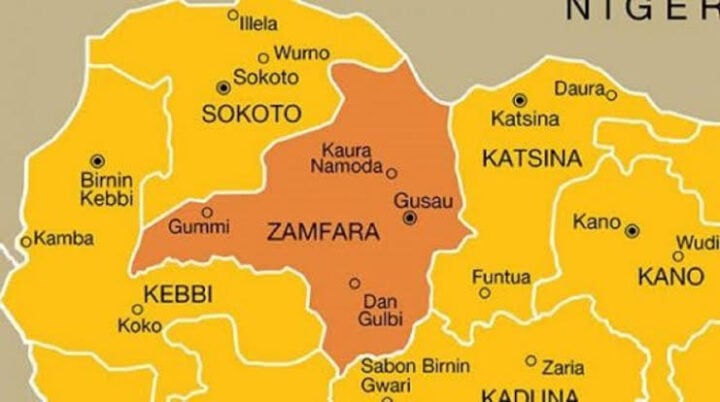Zainab Ahmed, minister of finance, budget and national planning, says the government can no longer sustain petrol subsidy payments which currently stand at about N250 billion monthly.
Briefing state house correspondents after the federal executive council (FEC) meeting presided over by President Muhammadu Buhari on Wednesday, Ahmed said the payments were no longer sustainable.
The finance minister explained that the federal government will end fuel subsidy by 2022 and replace it with a N5000-a-month transportation grant to the poorest Nigerians.
“So the Petroleum Industry Act has a provision that all petroleum products must be deregulated. And in the 2022 budget, we made a provision to assume that at the maximum by the end of June, we must exit subsidy,” Ahmed said.
Advertisement
“So this last FAAC, the subsidy cost to the federation was N243 billion. So if we look at a cost of about 250 billion per month, and it has been increasing consistently. So we’re expecting something around N120 billion per month from NNPC. And now we’re getting to a point where NNPC is remitting near zero.
“And if we don’t stop we will get to a point where they will tell you: ‘Pay me this for managing the fuel provision in the country’.
“So if you take 250 billion times 12 months, that is about N3 trillion. If we don’t remove that, that is what it is costing us. This is money that we can use to apply to health and education.
Advertisement
“The intervention we want to provide, it’s for between 20 to 40 million people and there is still a lot of work going on. We have a committee that is chaired by His Excellency the Vice President, state governors and a few of us ministers as members. So we have to have a landing as to the exact number between 20 to 40 million.
“We already agreed it will be N5000 and we have also agreed that the remittances have to be done digitally. So the eNaira will help but so also will the various payment platforms that are currently available. What we will not do is paying people in cash.
“So, the transfers that people will receive through one kind of electronic money or the other and it’s meant to be for a period of six, nine or 12 months.
“So, these are things that we are still in negotiation because it’s still money that would have to come from the federation account. So everybody that is a member of FAAC will have to agree on the numbers. The maximum will be 12 months, the minimum will be six months.”
Advertisement
The finance minister also said she briefed the council on the third quarter gross domestic product (GDP) report for 2021.
She affirmed that the result showed an improvement from the contraction witnessed in 2020.
Asked why the growth does not impact Nigerians, Ahmed said that the impact of the economic growth being recorded will not be felt until it surpasses the population growth rate.
“Let me say that, again, the Nigerian economy is growing. And right now we witnessed, four consecutive quarters of GDP growth,” Ahmed said.
Advertisement
“We also said that we aspire to continue to push this growth to the point where the growth supersedes the growth in our population because that’s the time that people will feel the benefits.
“So, we’re pushing the bar at the third quarter of 2021. The average annual growth is now 3.3%. Our population growth is roughly about 3.2%. So, we still need to do a lot more for people to feel this.
Advertisement
“But the fact that the service sector is not in positive territory, it also means that people will begin to feel the difference because it is the service sector that has the first direct impact on people.”
Advertisement
